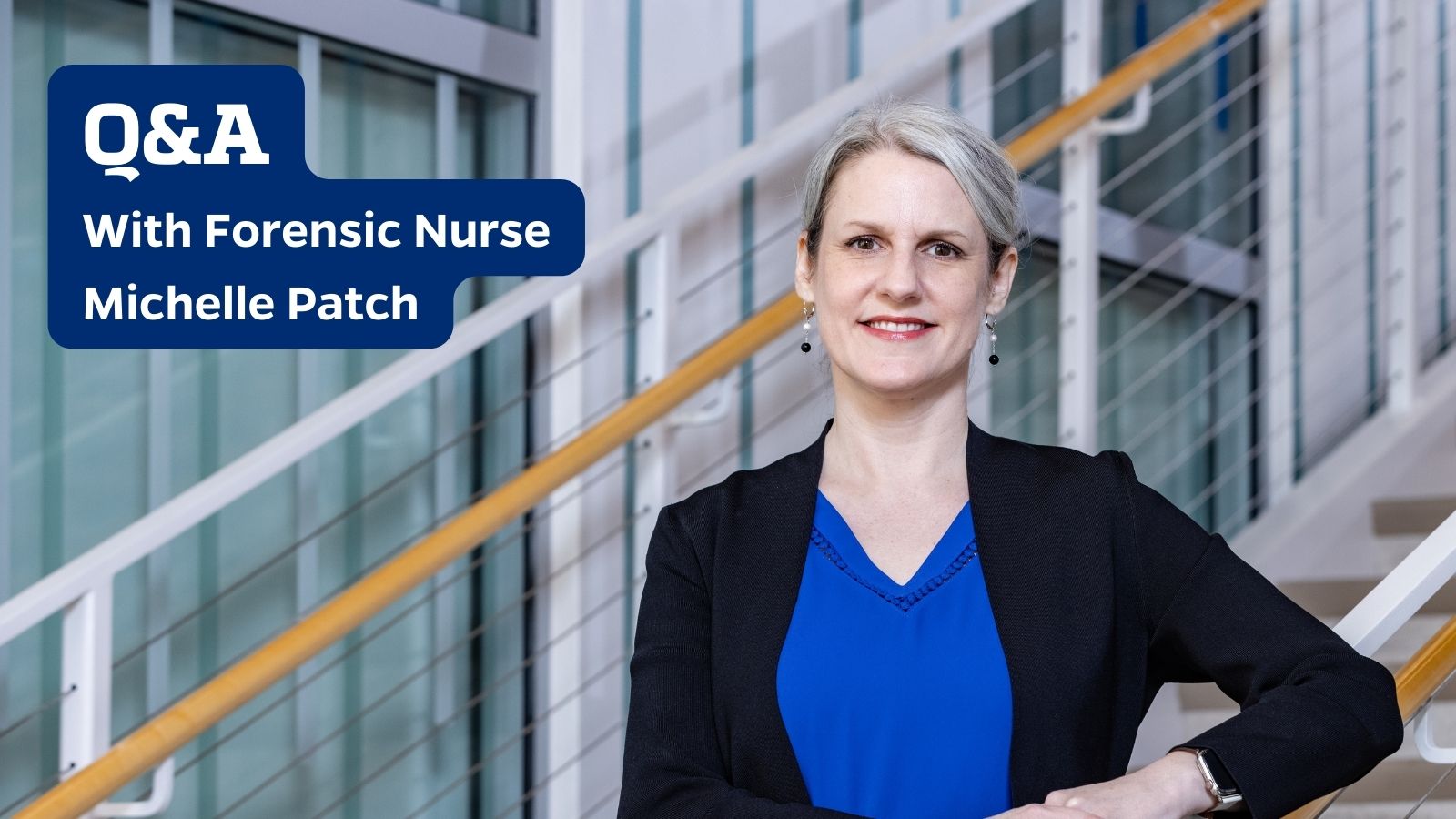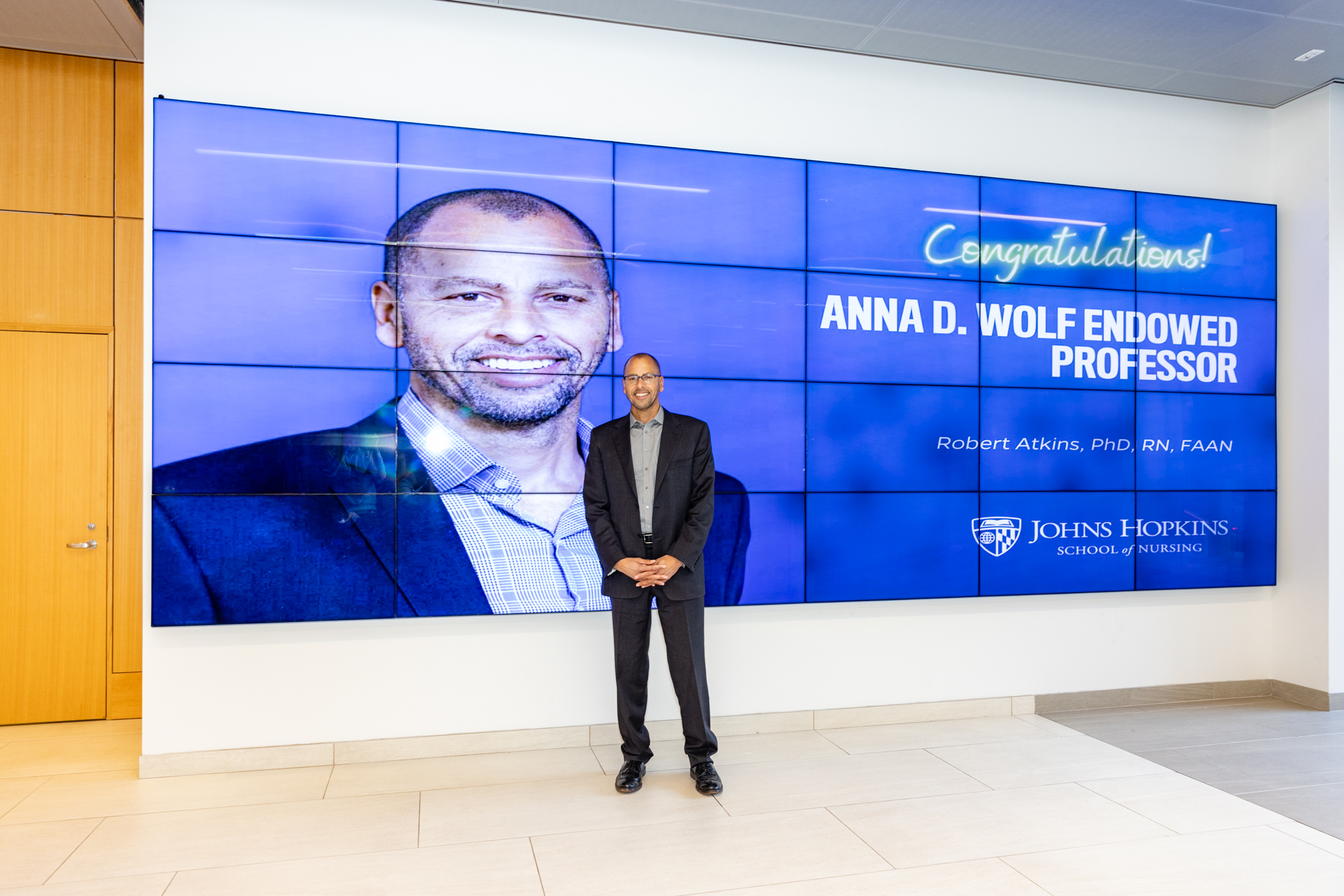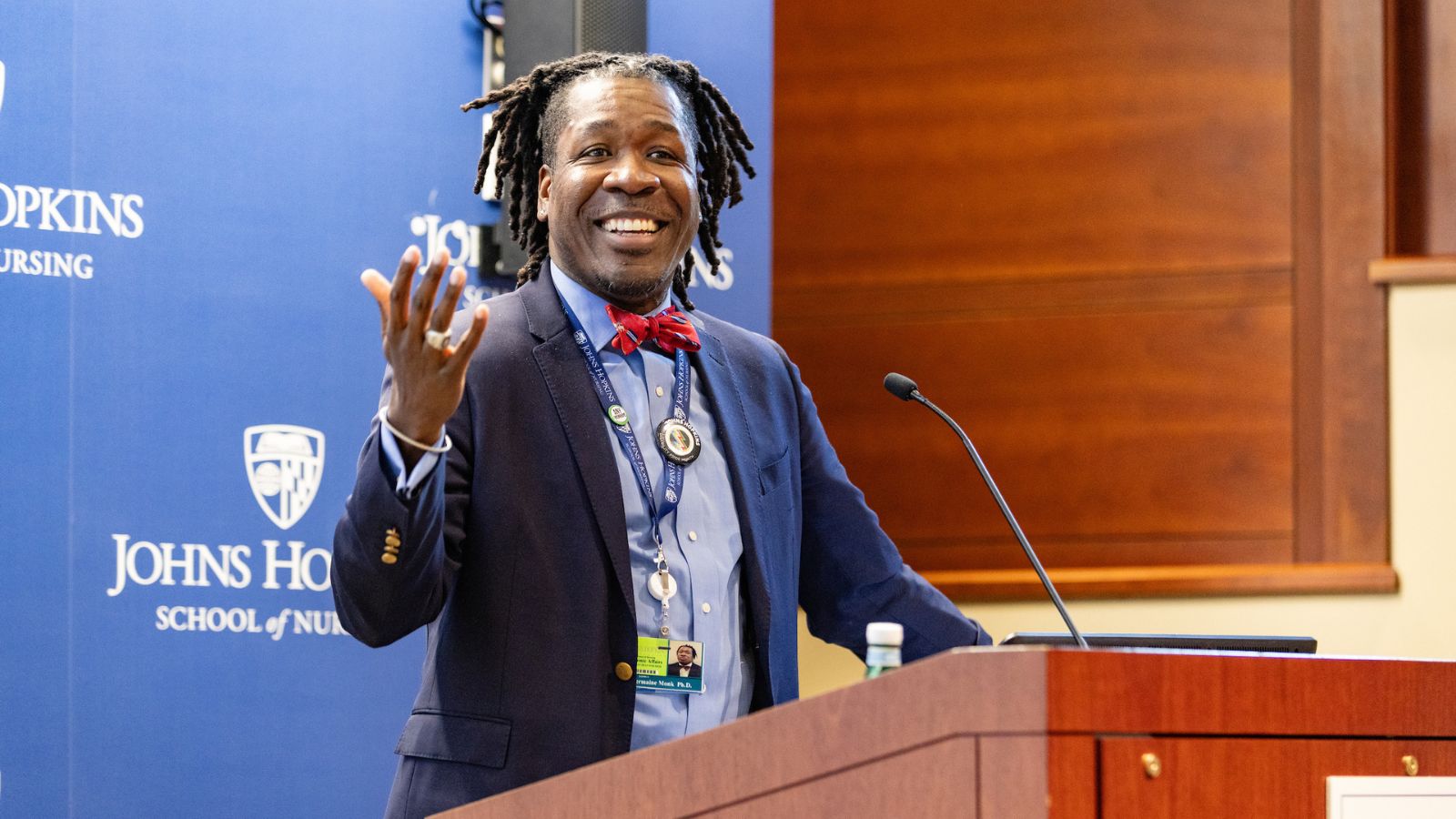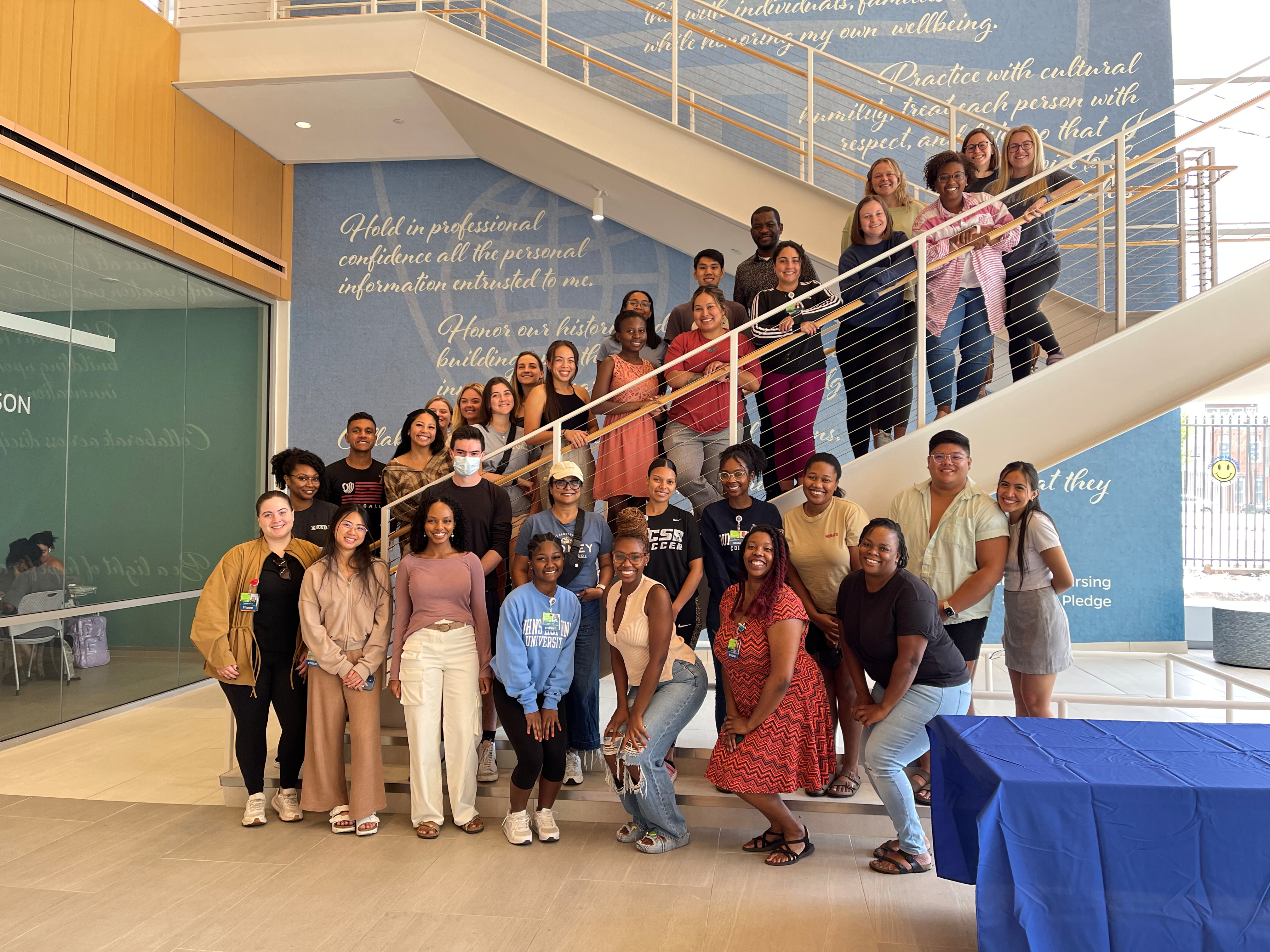Work in Goma is slow going. We have run into the multiple layers of UN
authorization. There is an extremely large UN peacekeeping force
(MONUC) in and around the city and a large population of
internally displaced persons (IDP) on the outskirts of the city. The
UNHCR is everywhere and with the UNHCR comes many other humanitarian
aid NGOs, like MercyCorps, UNICEF, International Rescue Committee and
many others from around the world. You can see why the locals called
it “commerce” rather than aid – the NGOs are driving around in 4×4
vehicles with flags – creating traffic jams – but the locals report
limited improvement in access to clean water, basic healthcare,
education, and education.
Yesterday I had received permission from the Section Chief of UNICEF
to interview child soldiers who were being reintegrated into
communities. I managed this after explaining my research objectives in
French – no easy process for me. I provided a copy of questions for
review. All was well and I confirmed permission this morning and set
interview time for 2pm before heading out to site visit of Women to
Women International program for women living in the IDP camps. On
returning to the city to go to the interviews – I received a call from
the Director of Communications telling me that they had decided that
my interviews may not be possible. She said she would call back in 20
minutes with final decision from the Chief (who gave permission the
day before). Two hours later I received a call that although the Chief
had not confirmed, she did not think it was possible to conduct the
interviews – but would call back if anything changes–starting to feel
like I am getting the run around. The reason given for the change:
many donors are arriving to see UN programs and that the child
soldiers will be closely monitored by donors so asking questions of
them at this time is not seen as a good idea by administration. I
think in short that Secretary Clinton arrives in Goma next week and they
want no issues–and having me ask questions of the child soldiers in
the program may potentially raise important issues around the health
and social needs. I understand this concern on some levels but am also
concerned that there is tight control on access to any UN program
which can limit access to information that could ultimately be used to
improve program and outcomes.
My Congolese colleagues were not surprised by the change in plans.
They say this is how they are always treated by UN and partners.
So when the going gets tough, the tough go mountain gorilla trekking
in Virunga National Park — the park reopened in May after being closed
for several years from the war. We are going with my colleague Henri,
who is the Director of Diane Fossey Gorilla Fund. For more information
on their important conservation work, check out www.gorillas.com.
Cheers,
Nancy
 Forging Policy: How Can Doulas Improve Black Maternal Health?
Forging Policy: How Can Doulas Improve Black Maternal Health? Q & A With Forensic Nurse, Michelle Patch
Q & A With Forensic Nurse, Michelle Patch Dr. Robert Atkins, Anna D. Wolf Endowed Professor
Dr. Robert Atkins, Anna D. Wolf Endowed Professor Forging Policy: Associate Dean Jermaine Monk and Education After Affirmative Action
Forging Policy: Associate Dean Jermaine Monk and Education After Affirmative Action The Learning Collaborative: ‘I Think I Can, I Think I Can …’
The Learning Collaborative: ‘I Think I Can, I Think I Can …’






